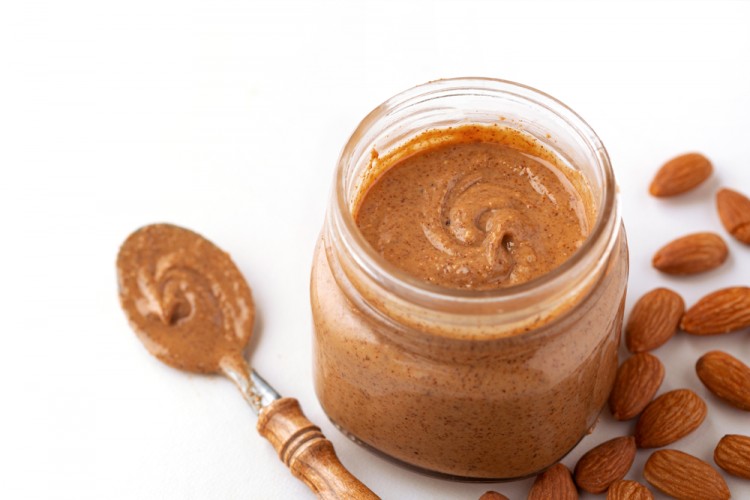
Almond Butter for Diabetics
Almond butter is a nutritious spread that not only satisfies cravings but can also be beneficial for individuals with diabetes. Packed with healthy fats, protein, and essential nutrients, it serves as a great alternative to traditional sugary spreads.
Benefits of Almond Butter for Diabetics
Almond butter is rich in monounsaturated fats, which can help improve heart health and regulate blood sugar levels. It has a low glycemic index, making it a suitable option for those monitoring their blood sugar. Additionally, the fiber content aids digestion and promotes satiety, which can help in weight management – an important factor for diabetics.
How to Incorporate Almond Butter into Your Diet
There are various delicious ways to include almond butter in your meals. It can be spread on whole-grain toast, added to smoothies for a creamy texture, or used as a dip for fresh fruits and vegetables. Make sure to select natural almond butter without added sugars or unhealthy oils for the best health benefits.
Almond Butter Recipe
Making your own almond butter at home is simple and allows you to control the ingredients. Here’s a quick recipe:
- Ingredients:
- 2 cups of raw almonds
- A pinch of salt (optional)
- Instructions:
- Preheat your oven to 350°F (175°C) and roast the almonds for about 10-12 minutes until lightly golden.
- Let the almonds cool slightly, then place them in a food processor.
- Blend on high speed for 10-15 minutes, stopping to scrape down the sides as needed. The almonds will first turn into a crumbly mixture, then a thick paste, and finally a smooth butter.
- Add a pinch of salt if desired, and blend again to incorporate.
- Transfer to an airtight container and store in the refrigerator for up to two weeks.
Considerations and Tips
When choosing almond butter, always opt for options that contain only almonds without added sugars or preservatives. Moderation is key, as even healthy fats can add up in calories. Consult with a healthcare provider to determine how almond butter can fit into your individual meal plan.




